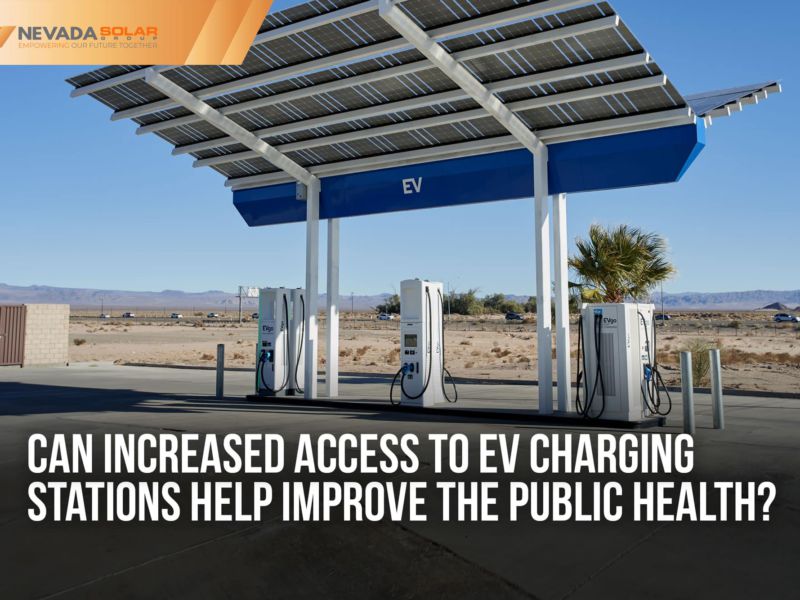
The Definition of Solar Energy
Solar energy is a renewable source of power that is generated by converting sunlight into electricity through the use of solar panels. It is a clean and sustainable form of energy that does not produce any harmful emissions or pollution. Solar power is becoming increasingly popular as a viable alternative to traditional energy sources due to its numerous benefits and advantages.
How Do Solar Panels Work?
Solar panels are devices that capture the energy from the sun’s rays and convert it into usable electricity. They are made up of individual solar cells, typically made of silicon, which absorb photons from the sunlight and release electrons. These electrons then flow through an electrical circuit, creating a current of electricity.
The electricity generated by solar panels is initially in the form of direct current (DC), which needs to be converted into alternating current (AC) by an inverter. AC is the type of electricity used in most homes and businesses. Once the electricity is converted, it can be used to power household appliances, lights, and other electrical devices.
Solar Panel Installation
Nevada Solar Group specializes in solar panel installation and offers a wide range of services related to solar energy. The company aims to educate customers about solar panel concepts to help them make informed decisions.
Solar panels can be mounted on roofs or on the ground, depending on the available space and sunlight conditions. The angle and orientation of the panels are important factors to maximize their efficiency and energy production. Nevada Solar Group offers professional installation services to ensure that solar panels are properly positioned and secured.
Solar Panel Concepts
There are several important concepts related to solar panel installation that are essential to understanding how solar energy works:
1. Shading Analysis
Shading analysis assesses the amount of shade that could potentially affect solar panel performance. It allows for proper placement to avoid shading issues and maximize energy production. By analyzing the shading patterns around a property, Nevada Solar Group can determine the optimal location for solar panels to ensure optimal sunlight exposure.
2. Sun Path Analysis
Sun path analysis helps determine the path of the sun throughout the day and year. By understanding the sun’s trajectory, Nevada Solar Group can optimize the angle and orientation of the solar panels to capture the maximum amount of sunlight. This ensures that the panels are positioned to receive the most sunlight at any given time, maximizing their efficiency.
Net Metering
Net metering is an important policy that allows solar panel owners to receive credit for excess electricity generated. When a solar panel system generates more electricity than is needed, the excess is sent back to the grid and accumulated as credits. These credits can be used to offset future electricity costs when the solar system is not generating enough power, such as during nighttime or cloudy days. This provides an added benefit of cost savings for solar panel owners.
The Benefits of Solar Energy
Solar energy offers numerous benefits, including:
1. Renewable and Sustainable
Solar energy is a renewable source of power, meaning it will never run out as long as the sun continues to shine. Unlike fossil fuels, which are finite and contribute to climate change and air pollution, solar energy is a sustainable solution that reduces our dependence on non-renewable resources.
2. Clean and Environmentally Friendly
Solar energy does not produce any harmful emissions or pollution during the generation process. This makes it a clean and environmentally friendly alternative to traditional energy sources. By choosing solar power, individuals and businesses can contribute to reducing their carbon footprint and protecting the environment.
3. Cost Savings
Switching to solar energy can lead to significant cost savings on electricity bills. Solar power allows individuals and businesses to generate their own electricity, reducing their reliance on the grid and the need to purchase electricity from traditional power providers. Additionally, net metering allows for the accumulation of credits that can be used to offset future electricity costs.
Nevada Solar Group: Your Solar Energy Solution
If you are considering solar panel installation or want to learn more about solar energy, Nevada Solar Group is here to help. With expertise in solar panel installation, shading analysis, sun path analysis, and net metering, they can provide a tailored solution to meet your specific needs. Contact Nevada Solar Group at 702-899-5577 or click here to call for a free consultation and start your journey towards clean, sustainable, and cost-effective energy.